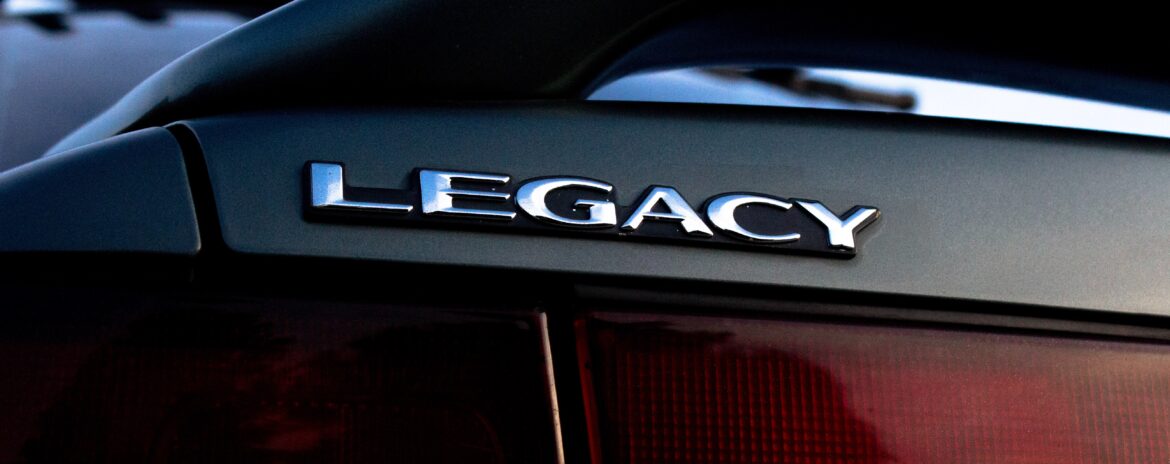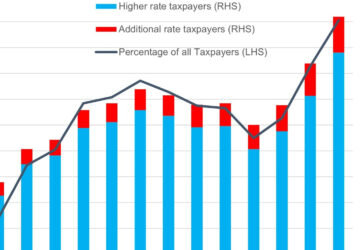The combination of a frozen inheritance tax (IHT) nil rate band and considerably higher property values has pushed more estates into the IHT net. The average IHT bill is now nearly £62,000, with much larger amounts payable if an estate includes a property in London or the South East.
Increase in property values
Even though property prices have fallen recently, the average price of a detached house went up by more than £20,000 to nearly £454,000 during the year to March 2023. The average price for London property is not far off £525,000.
- Since the nil rate band was frozen back in 2009, the average UK property has risen in value by 86%.
- The FTSE All Share index shows an even better return, having gone up by just under 245%. An investment of £50,000 in March 2009 would have been worth over £170,000 by March 2023.
With cash savings also added in, a typical estate is now valued at just under £480,000. If the residence nil rate band is not available, the IHT liability on such an estate is £62,000. However, if the nil rate band had been uprated with inflation, no IHT would have been payable on such an estate.
Mitigating IHT liability
Mitigating a future IHT liability requires a shift from being a saver to a spender. This might mean putting assets into trust or making pension contributions – financial advice being essential here.
Making lifetime gifts will obviously reduce the value of an estate. Options could include regular monthly saving into junior ISAs for grandchildren (with such gifts normally completely free of IHT) or helping a child with their first home by paying the deposit (such a large gift will exceed the available exemptions but will fall out of IHT after seven years).
Even if you decide to just spend on yourself, leasing a new car or taking extended holidays abroad looks much more affordable if you factor in the future 40% IHT reduction.
HMRC’s basic guide to how IHT works, including details of various exemptions, can be found here.
Photo by Joel Moysuh on Unsplash







